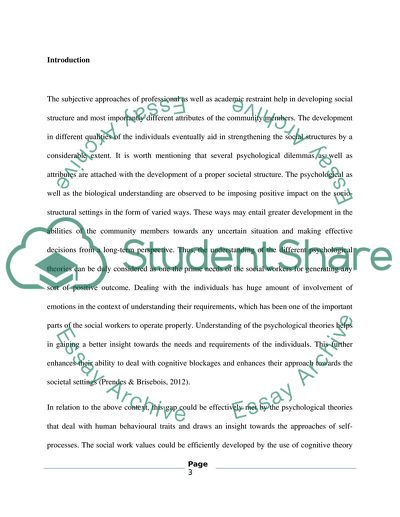Cite this document
(Use of Cognitive Theoretical Framework Research Paper - 1, n.d.)
Use of Cognitive Theoretical Framework Research Paper - 1. Retrieved from https://studentshare.org/psychology/1852699-social-work-methods-theories-for-practice-case-study-use-of-theoretical-framework-to-critically-analyse-case-study
Use of Cognitive Theoretical Framework Research Paper - 1. Retrieved from https://studentshare.org/psychology/1852699-social-work-methods-theories-for-practice-case-study-use-of-theoretical-framework-to-critically-analyse-case-study
(Use of Cognitive Theoretical Framework Research Paper - 1)
Use of Cognitive Theoretical Framework Research Paper - 1. https://studentshare.org/psychology/1852699-social-work-methods-theories-for-practice-case-study-use-of-theoretical-framework-to-critically-analyse-case-study.
Use of Cognitive Theoretical Framework Research Paper - 1. https://studentshare.org/psychology/1852699-social-work-methods-theories-for-practice-case-study-use-of-theoretical-framework-to-critically-analyse-case-study.
“Use of Cognitive Theoretical Framework Research Paper - 1”, n.d. https://studentshare.org/psychology/1852699-social-work-methods-theories-for-practice-case-study-use-of-theoretical-framework-to-critically-analyse-case-study.


